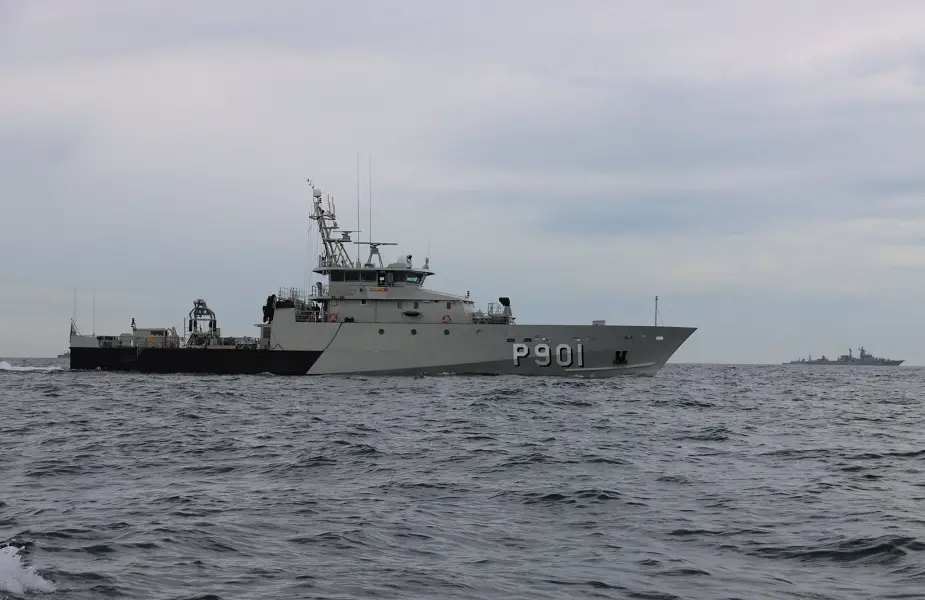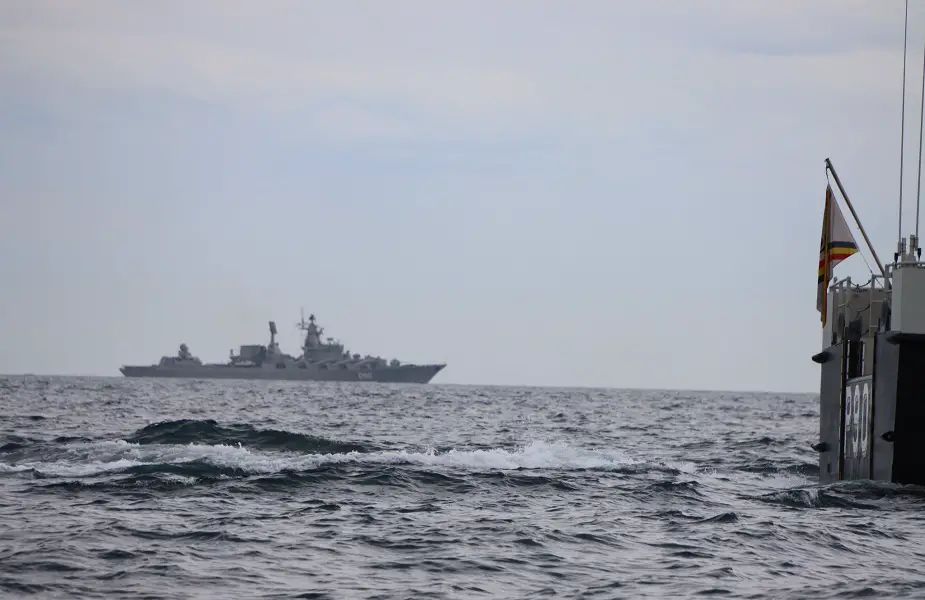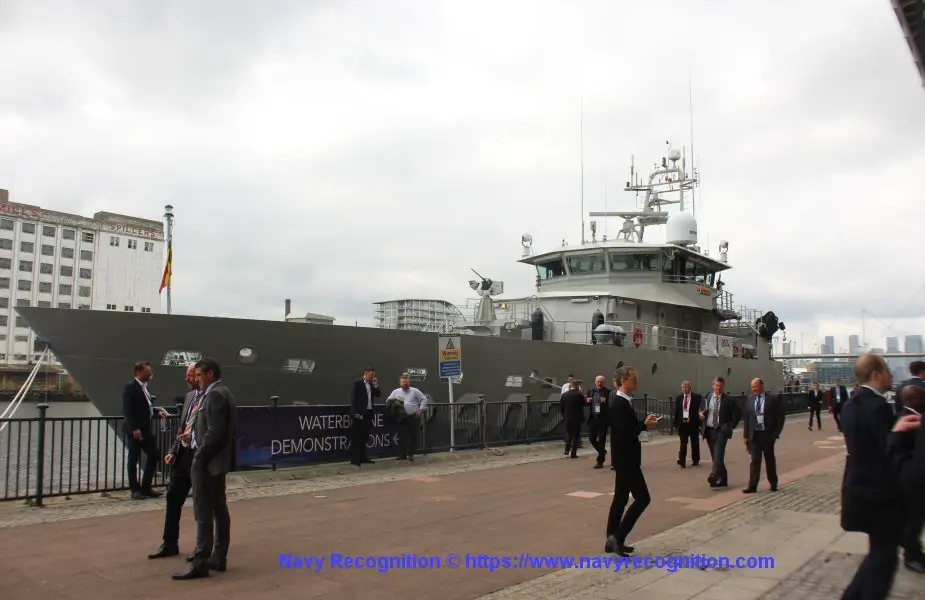Breaking news
Belgian patrol boat Castor escorts Russian ships in the North Sea.
This Monday, September 5, the patrol boat Castor accompanied three Russian ships crossing the Belgian Exclusive Economic Zone (EEZ). The Russian fleet was led by the cruiser Marshal Ustinov. Throughout their presence in the Belgian EEZ, the ships were under escort from the Castor.
Follow Air Recognition on Google News at this link
 Patrol boat Castor (Picture source: Belgian Defence)
Patrol boat Castor (Picture source: Belgian Defence)
On Sunday, September 4, the fleet was closely monitored by the various NATO operational centers and the CSD (Coastal Security Duty) vessel was activated for a passage through the Belgian EEZ on the morning of September 5.
At 10.30 a.m., the Castor therefore left Zeebrugge to carry out its mission. Notable fact: on board, were present, not the usual crew members but the crew members of the patrol boat Pollux. Thanks to exactly similar training, procedures and equipment, the crew of the Pollux needed very little time to open the ship and go to sea, demonstrating the great flexibility and professionalism of the crews within of the Belgian Navy.
Escorting ships from non-NATO countries crossing the Belgian EEZ is a common practice. Belgian coastline is "only" 67 kilometers long, but maritime traffic in Belgian waters is one of the densest in the world. Defense also plays an important role in guaranteeing security over an area of no less than 3,500 km².
 The Russian fleet was led by the cruiser Marshal Ustinov (Picture source: Belgian Defence)
The Russian fleet was led by the cruiser Marshal Ustinov (Picture source: Belgian Defence)
During an escort mission, the patrol vessel transmits all relevant information to the Carrefour de l’Information Maritime (CIM). This is located in the naval base of Zeebrugge and is the nerve center for securing our waters. Within the CIM, four partners work together for the security of our EEZ: the Federal Public Service Mobility, Customs, Police and Defence. The last three provide permanence at the Naval Base in Zeebrugge where all maritime information passes.
Defense not only provides infrastructure for the CIM but also two coastal patrol vessels (CPV or Coastal Patrol Vessel) in the context of security: the P901 Castor (CSTR) and the P902 Pollux (POLX). The tasks of these two patrollers are very diverse. Both ships operate with a permanent crew of 15 personnel, supplemented by specialists depending on their mission. Off Belgian coasts, Navy patrol boats carry out police duties at sea. They can carry out fishing controls as well as maritime pollution controls and SAR (Search & Rescue) missions. Together with the Federal Police and Customs, they also help to fight against illegal trade and smuggling.
The Navy ensures the Belgian presence at sea all over the world as well as safeguarding maritime trade routes, so that maritime traffic can take place safely and unhindered. Ninety percent of all goods are transported by sea around the world. Therefore, it is very important to keep trade routes open and safe, both off our coasts and in international waters. No shipping means no shopping.

Coast Patrol Vessel BNS Pollux P902 (Picture source: Navy Recognition)


























